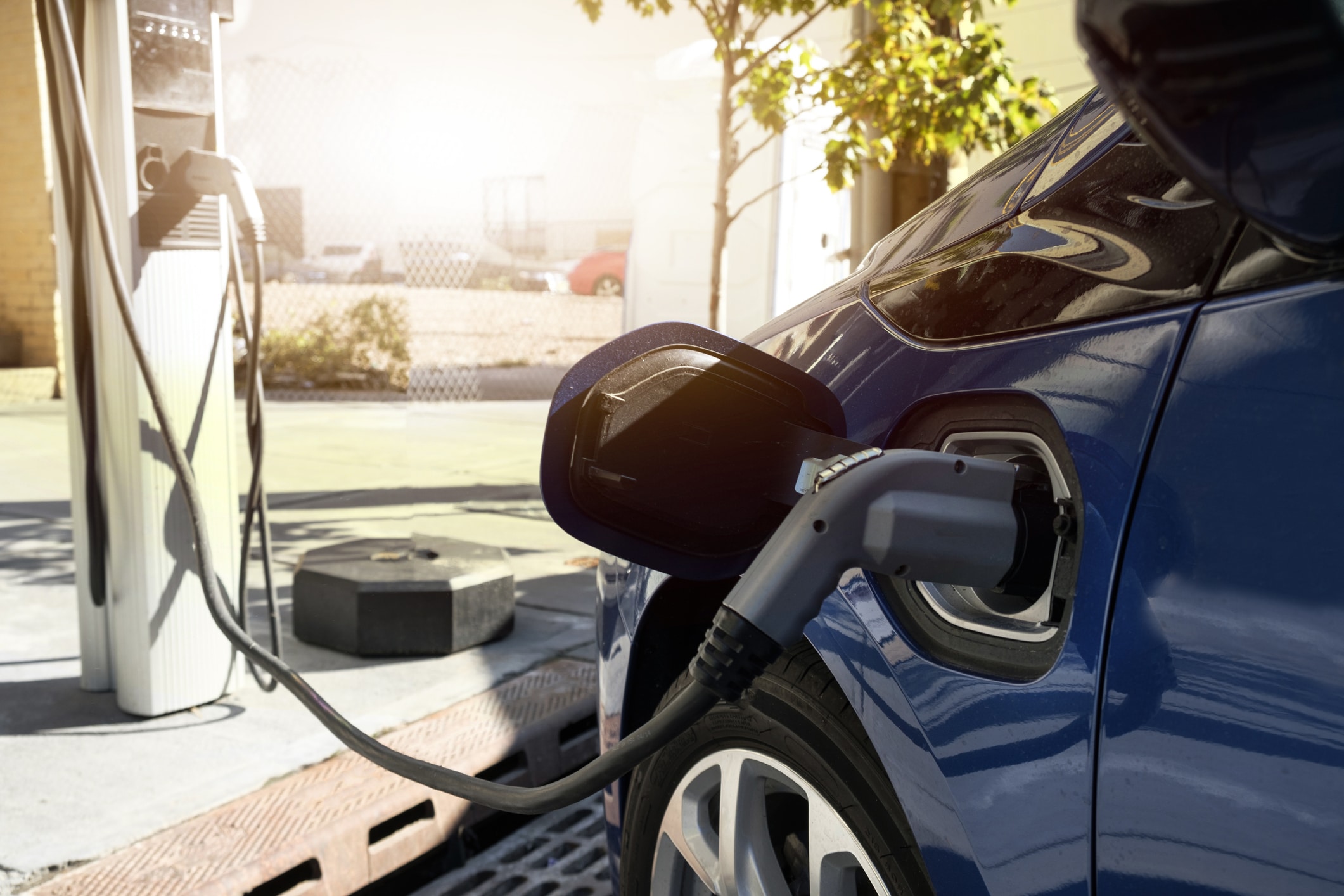Self-driven cars, digitalization of automotive sales, ride-sharing, and automated factories are a few of the major disruptions seen by the auto industry in the last decade. Now, as the world reawakens to the magnitude of climate concerns, the industry (being the third-largest emitter of Green House Gases (GHG) globally,) is doubling down on smart mobility. The latest Auto Expo reflected this shift and saw the sustainability narrative being pushed by big established brands through their wide range of innovative electric mobility solutions and vehicles. This signaled greater alignment with the global interest in green and zero-emission vehicles.
As 2023 gets underway, let us look at how green trends are poised to transform the auto sector:
Electric Vehicles (EVs) going mainstream
India is quickly catching up with its global counterparts in championing clean mobility, on the back of the Paris agreement signed by the government to reduce carbon emissions, improve air quality, and reduce oil imports. 2023 will see an uptick in EV offerings as auto brands help fill gaps in the public transportation network. Further, electrification of the last mile will be prioritized by introducing electric pickups, SUVs, plug-in hybrid EVs, e-three-wheelers, e-buses, and e-bikes, among others. Emerging technologies, ranging from Artificial Intelligence (AI), and the Internet of Things (IoT) to cloud computing, will accelerate this shift further by aiding in demand forecasting, route optimization, cost savings, and compliance.
Greener supply chains will spur net zero goals
Innovation in the auto industry will have a ripple effect on the logistics sector with technologies such as machine learning and Big Data analytics creating intelligent supply chains. This will ensure better utilization of storage capacities while avoiding empty runs in logistics. Additionally, efficient information flow can improve decision-making across the value chain.
Digitization will be a force multiplier for sustainability
AI and IoT’s emergence as potent drivers of improving vehicle and manufacturing performance will allow for wider adoption of these technologies and further result in reduced operational costs, product optimizations, enhanced business efficiencies, and better driving experience. For instance, AI-enabled monitoring systems can enable real-time monitoring of the factory power grid and energy usage. Improvements in monitoring blind spots, alerting drivers of dangerous conditions, and adjusting body position during a mishap will be driven by technology. This will result in creating more sustainable practices and processes within the sector.
Embracing Metaverse will bring us closer to sustainability
Metaverse has successfully penetrated the auto industry and is already catalyzing sustainability, specifically in the production phase. Through virtual analysis, real production has improved drastically as it eliminates unnecessary testing and development costs and improves operational and product efficiency. Crucially, it helps in reducing CO2 emissions generated during all production processes. Renault, one of the leading international automobile companies, believes Metaverse can lead to optimizations capable of saving €320 million on processes and €260 million on the costs of storage, by 2025. The automaker estimates that their shift to Metaverse will cut down their overall carbon emissions by 50%[1].
Data defining the future of sustainable mobility
Undeniably, innovation is a product of accurate data, and this applies to automobiles as well. In the coming years, AI-powered data engineering will play a huge role in tracking emissions. Real-time processing and analysis of data collected from sensors, combined with AI’s power and predictive analytics, will result in faster and smarter decision-making.
Push for a circular economy will be crucial:
Government programs like Corporate Average Fuel Economy (CAFE) norms, upcoming vehicle scrappage policy, or commitments under the Extended Producer Responsibility (EPR) will drive innovative thinking in the industry. Rethinking value and abolishing obsolete processes will help the industry transition to sustainable development. Organizations must ditch the current linear ‘take-make-waste’ philosophy and adopt a circular economy approach. Auto companies must embed sustainability right from product design and development through the life cycle of all products. Responsibility of a vehicle manufacturer will therefore extend beyond manufacturing to the post-consumer stage of the product including its take back, recycling, and final disposal.
In conclusion, the automotive industry’s contribution to harmful emissions must result in a higher responsibility towards tackling the same in a definite and permanent way. To quantify the social and environmental impact of their activities, all ecosystem players must concentrate on incorporating a green dimension into their top and bottom lines. The automobile sector will be crucial in assisting India firmly establish itself as a global leader in sustainability as we advance towards Amritkaal.
The author is Manish Prasad, Vice President – Metal, Mining & Automotive Industry, SAP Indian Subcontinent.
The article originally appeared in The Financial Express on February 26, 2023.



